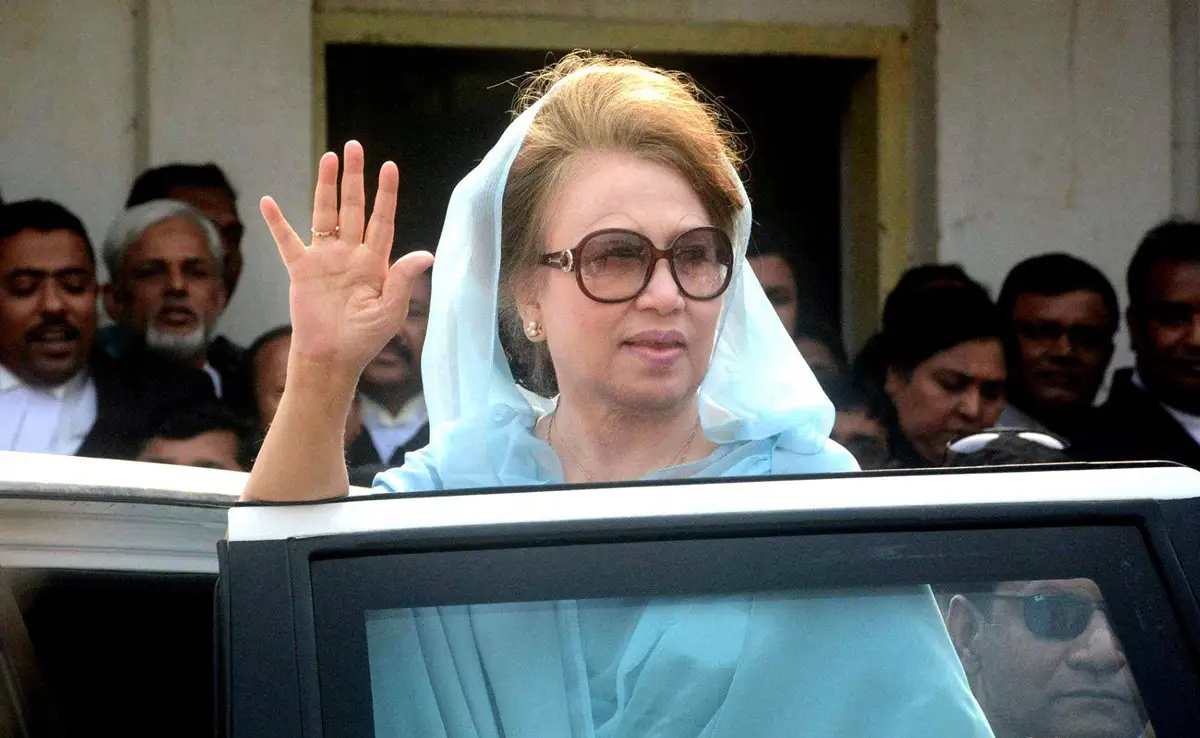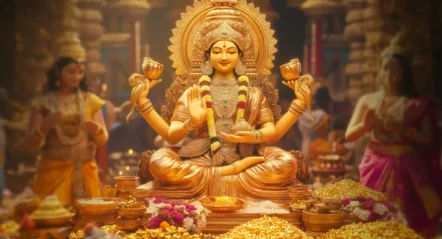Khaleda Zia‘s Return to Bangladesh: What It Means for Politics, Elections & the Public Mood

In a major development, Bangladesh’s former Prime Minister Khaleda Zia returned to Dhaka on 6 May 2025 after receiving medical treatment in London. Her comeback marks a turning point in Bangladesh’s political landscape, especially at a time when the country is already witnessing turbulence and transition.
A Quick Political Recap
To understand the current situation, it’s important to look back. Last year, Prime Minister Sheikh Hasina left the country amid nationwide protests led by students. Since then, an interim government, guided by economist Mohammad Yunus, has been in charge, promising elections by early 2026.
Rise of New Political Forces
Interestingly, during this transition, a new political group called the National Citizen Party (NCP) emerged. Led by Nahid Islam, the party is gaining public attention, especially among the youth. This shows a growing demand for alternatives to the long-standing rivalry between Khaleda Zia’s BNP and Sheikh Hasina’s Awami League.
Legal and Political Heat
After being convicted in a corruption case and sentenced to 17 years, Khaleda Zia was recently acquitted by the Supreme Court, clearing the path for her political re-entry. Meanwhile, pressure is growing on Mohammad Yunus’s interim setup to hold elections quickly. A recent InnoVision survey shows that over 58% of Bangladeshis want elections this year, not in 2026.
Additionally, the Awami League has come under fire. With protests outside Yunus’s home and rising anger over past violence, the government has temporarily banned all Awami League activities, citing an ongoing investigation under the International Criminal Tribunal Act.
The Mood of the Nation
The survey also revealed some surprising trends. While BNP is leading with 41.7% support, the conservative Jamaat-e-Islami follows with 31.6%, and Awami League trails behind at just 14%. Clearly, the political map is shifting.
Khaleda Zia’s return adds fuel to an already burning political scene in Bangladesh. With growing public demand, international attention, and the emergence of new political players, the pressure on the interim government is only increasing.
As India shares deep historical and regional ties with Bangladesh, these developments are not just important for our neighbors—but could also impact cross-border policies and regional diplomacy.
Inflect.in — Your daily dose of stories that inform, inspire, and ignite curiosity. Follow us for more!
Inspire
Latest Post

AI in Healthcare: Smarter, Faster, and Accessible

Is Co-Sleeping Safe for Babies? Pros, Risks,

Pomegranate Benefits: Why Eating Anar or Drinking

Ma Yansong: Shaping the Future of Architecture

AI in Healthcare: Smarter, Faster, and Accessible

Is Co-Sleeping Safe for Babies? Pros, Risks,

Pomegranate Benefits: Why Eating Anar or Drinking








